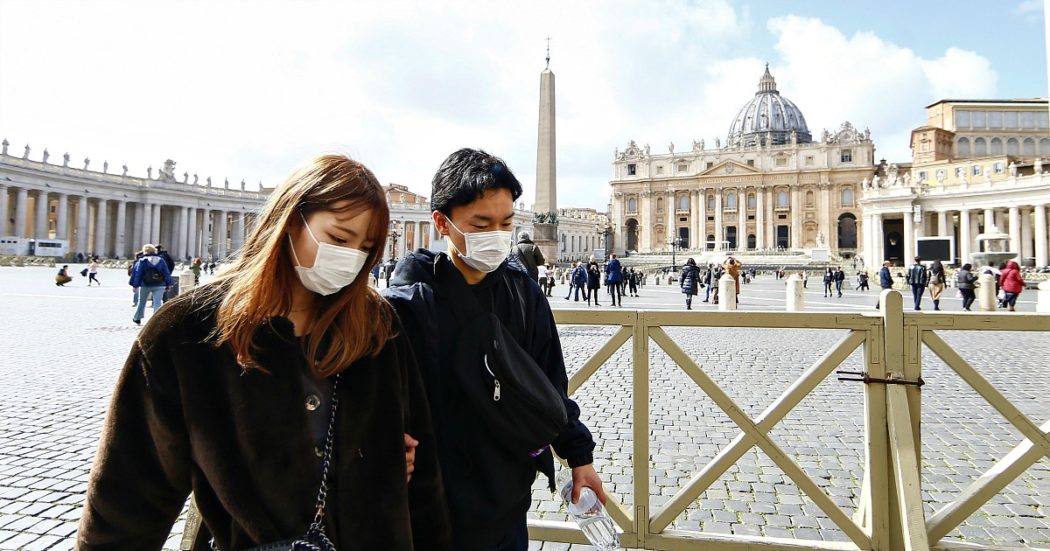On Monday the Vatican’s Secretary of State, cardinal Pietro Parolin, has announced that the Holy See intends to renew its controversial agreement with Beijing on the nomination of Chinese bishops, which is set to end in October.
Mr Parolin acknowledged the complexities that still exist between the two States (albeit without naming them explicitly) but he added that the intention of pope Francis is to keep the agreement alive for the next two years at least.
The Catholic Church’s final aim is that of safeguarding its existence in China by maintaining communications active, thus avoiding the creation of a “clandestine” secessionist Church, something the Chinese Communist Party (CCCP) attempted in the past after failing to eradicate religions altogether.
The agreement is highly controversial because the tense relations between China and the Holy See – which are just now being rekindled after nearly seventy years – sit atop a delicate political and social balancing act. For starters, China is very careful to limit the foreign interference of any foreign power, especially if Western.
Additionally, China’s current track record on human rights – which is arguably un-Christian – is also troubling for many. Their front is epitomised by Hong Kong’s former cardinal Joseph Zen, who had spoken critically of China and pope Francis’ “appeasement” to it when the bishop nomination agreement was first signed in October 2018, and is deeply critical of China’s crackdown on human rights in Hong Kong.
Mr Zen has declared that a clergyman operating under this agreement actually pledges his allegiance to another Church, one responding to the CCCP and not the pope, due to the concessions made by the former to appease the latter.
We reached out to Maurizio Scarpari, Sinologist and former director of the East Asia Studies Department at Ca’ Foscari university in Venice. He explained that the Catholic Church is striving to maintain its presence in China to ensure that Chinese Christians, which are roughly ten million, can go about the observation of the cult.
Meanwhile, the CCCP is known to exert tight control over religious minorities, as allegiance to a religious cult is incompatible with its basic tenets, which place the State above all else. Uighur Muslims are famously prosecuted, but other local traditions such as Buddhism as Taoism, as well as Christianity, are under heavy control and are often prevented from fully functioning in some regions, especially inland, said Mr Scarpari.
“Even if [Mr] Parolin talked about several complexities, I believe that we can make a positive assessment as to this agreement,” continued the expert; “it was clear that the dichotomy between the official and clandestine Church would not have been resolved in a few months, but the fact that the China and the Holy See are talking is at least a step ahead.”
The Sinologist also said that the Holy See’s lack of emphasis on human rights should not surprise anyone, as there are matters in which the CCCP will never step back. The pope mainly prefers to steer clear of such political matters as his interventions are at risk of being manipulated by third parties to their advantage – for example, by the American Evangelicals supporting president Donald Trump.
Mr Scarpari discounted the theory that this agreement will lead the pope to nominate bishops in China as a “mere illusion”, and argued that the conditions for proper diplomatic ties between the Vatocan and China simply don’t exist yet. “Now, China is interested to sign deals […] to promote its international image. To understand if these are actually applied within the country is another story.”








